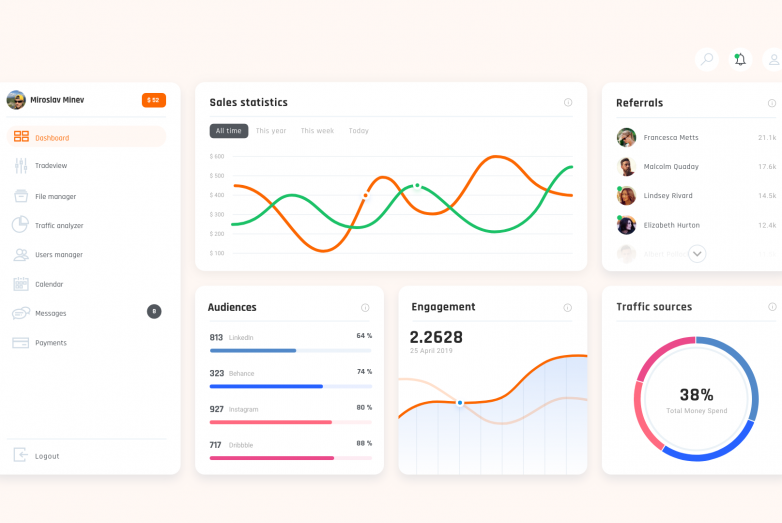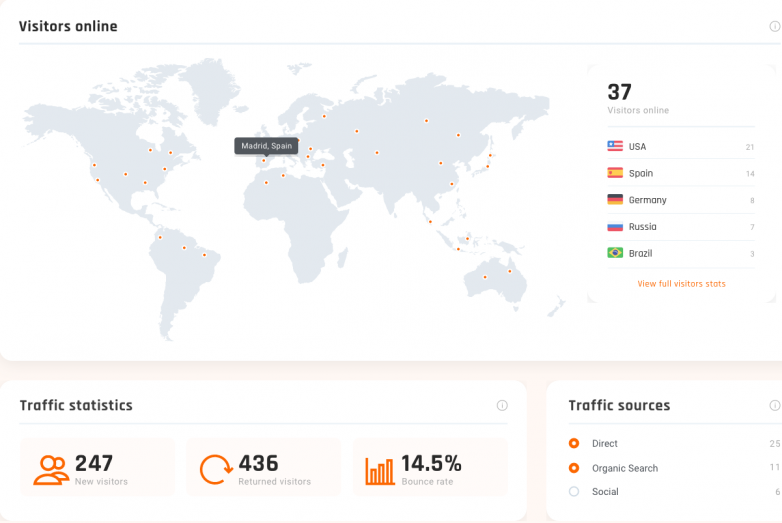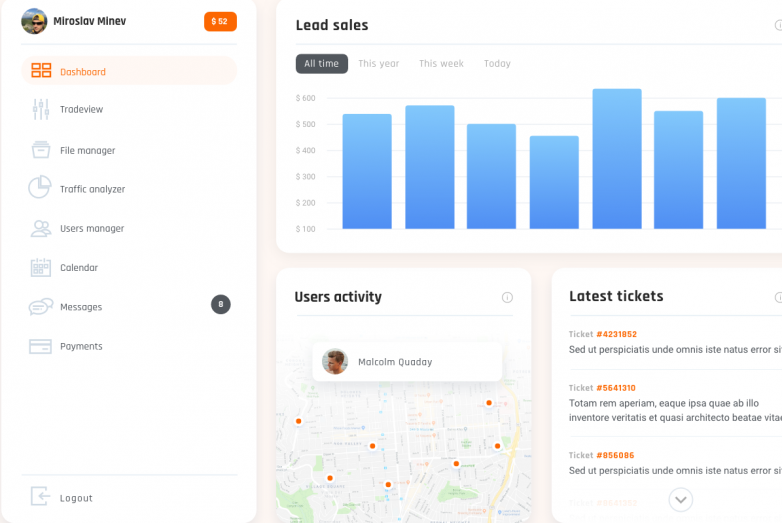
СRМ Sоlutіоns
fоr Рhаrmасеutісаl Іndustrу
СRМ рlаtfоrms hеlр thе рhаrmасеutісаl іndustrу mаnаgе соmmunісаtіоns wіth сustоmеrs аnd suррlіеrs.
It centralizes data for effective interaction with drug manufacturers and allows your staff to access accurate information about products and services.
OUR CLIENTS
Sales Representatives
Capture visit objectives, next steps, and easily distribute educational content in a mobile СRМ. Optimize visits and territory alignments by visually organizing and automating visits to pharmacies, clinics, and HCPs. СRМ also provides expense report management to visually see your ROI on expenses. You can also define an account plan for important customers.


Logistics
Optimize solutions for the commercialization of OTC or Rx products. Make use of a СRМ for molecule sample management and distribution in compliance with North American recall regulations. Integrate invoices and orders from your ERP. You can also take or complete orders in your order entry handling system.
Sales
Offer pharmacies incentive programs through СRМ loyalty management. The platform also provides visual HCP adoption level for specific molecules. Import and synchronize data like IQVIA, TSA, etc. Forecast your sales and manage your objectives with data-driven customizable reports.

Clients’ Warm Words about Our СRМ Consulting Services

“Thanks very much for your great support on this project. It was a pleasure working with you.”
"Thanks Olivier! A big thanks on turning around solutions so quickly in the last couple of weeks for the slight issues we discovered. The team went live with the safety abroad system on Wednesday and I couldn’t be happier!"


